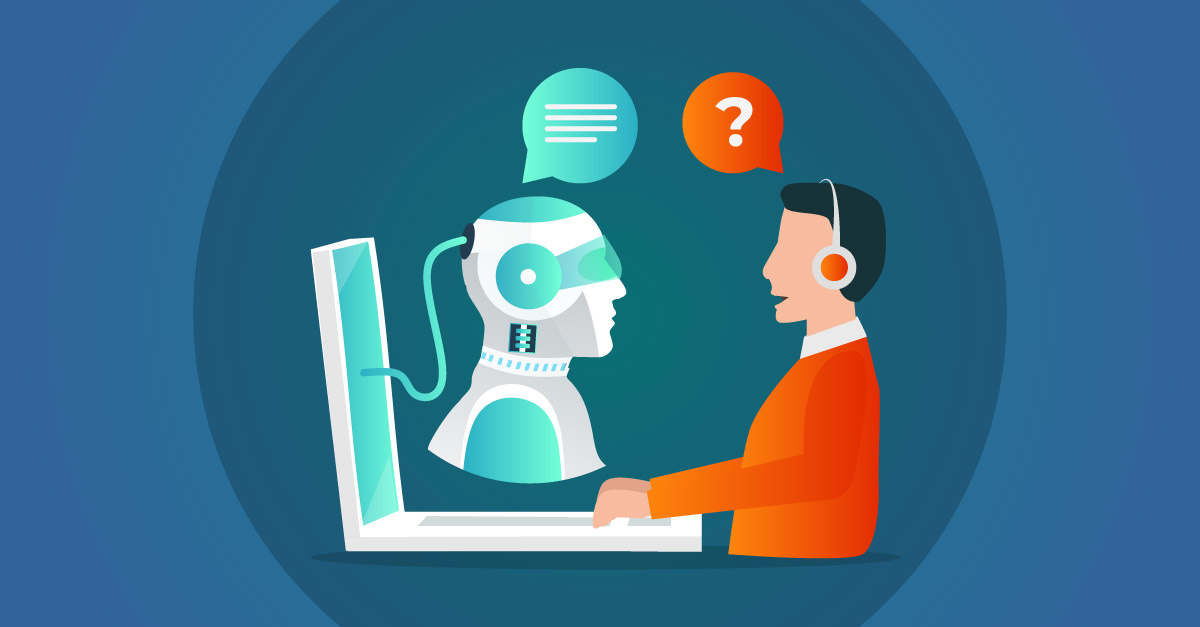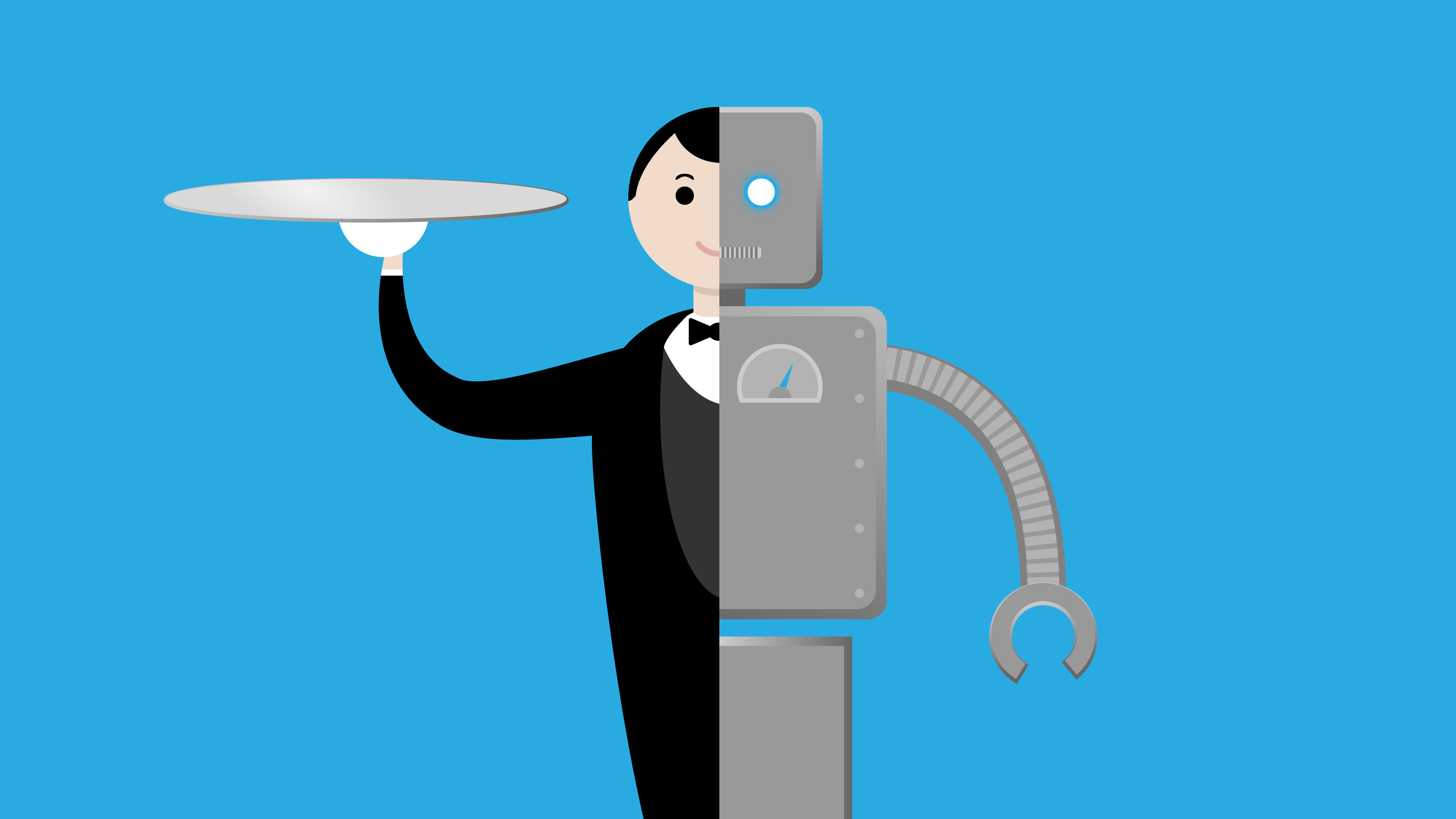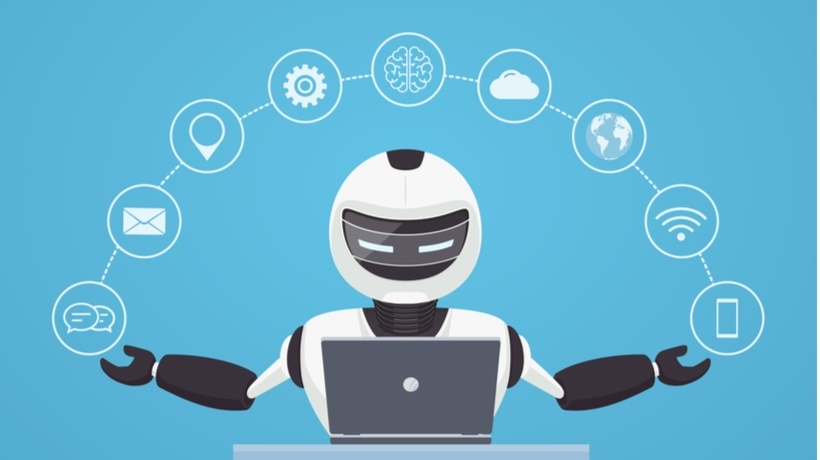Revolutionizing Waste Management: Unveiling the Future: How Can AI Help the World?
AI is revolutionizing every sector, from healthcare to transportation. It can help us automate tasks, enhance accessibility, and tackle global issues like climate change.
Author
EZ-AIUnveiling the Future: How Can AI Help the World?
Introduction
In the rapidly evolving world of technology, one question that often arises is, "How can AI help the world?" Artificial Intelligence (AI) is no longer a concept confined to science fiction.
It's a reality that's transforming our lives in ways we could never have imagined. From healthcare to transportation, AI is revolutionizing every sector, promising a future where machines can learn, adapt, and potentially even understand human emotions.
Helping the World Through Automation and Accessibility
The first and most apparent way AI can help the world is through its ability to automate tasks. AI can handle repetitive tasks more efficiently than humans, freeing up our time to focus on more complex and creative tasks.
This automation is not just limited to mundane tasks. AI is also being used in fields like medicine, where it can analyze vast amounts of data to identify patterns that humans might miss, leading to the early detection of diseases.
Another significant way is by enhancing accessibility. AI-powered tools can help people with disabilities live more independently. For instance, AI can convert speech to text for those who are hearing impaired or guide visually impaired individuals through unfamiliar environments.
How Can AI Help the World Tackle Global Issues and Shape the Future?
AI can also help tackle some of the world's most pressing issues. For example, AI can analyze climate data to predict future trends, helping us to mitigate the effects of climate change. It can also be used to monitor deforestation, track wildlife populations, and even predict natural disasters.
As we look to the future, the question remains, "How can AI help the world?" The possibilities are endless. AI could revolutionize education by providing personalized learning experiences. It could transform healthcare by predicting outbreaks and personalizing treatment plans. It could even help us explore the universe, analyzing data from space faster and more accurately than ever before.
Conclusion
In conclusion, this question is not just about the potential benefits of AI. It's a call to action for us to guide the development of this technology responsibly. AI has the potential to transform our world for the better, but it's up to us to ensure that it does.
As we continue to explore the possibilities of AI, we must also strive to mitigate its risks, ensuring that the benefits of AI are accessible to all. The future of AI is exciting, and its potential to help the world is immense.



